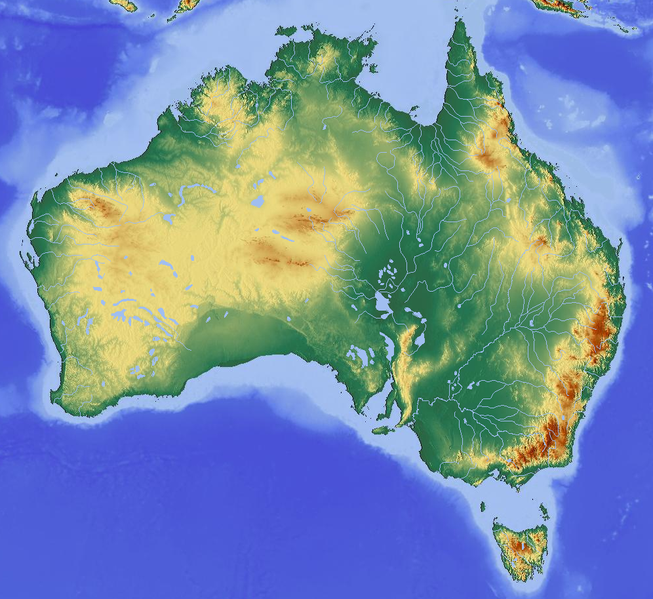
Ian McIntosh, an Australian professor of anthropology at Indiana University, will make an expedition this July to a location in Australia's Northern Territory where five 1,000-year-old copper coins were found in 1944 by a soldier. McIntosh says he will visit the beach where they were uncovered as well as a cave from Aboriginal legend in an attempt to answer questions about how the African coins might have ended up there. The coins are thought to date back to sometime between the 900s and 1300s, a product of the Kilwa sultanate. It is known that Kilwa, a trade port (and current World Heritage ruin) on an island off of Tanzania, had mercantile links with India in the 13th to 16th centuries, but McIntosh believes the coins could prove that trade links between east Africa, Arabia, India and the Spice Islands could have been established as early as 1,000 years ago - six centuries before Europeans arrived in Australia.
RELATED:
Couple Falls Off Cruise Ship Into Shark-Infested Waters
Mexico's Popocatépetl Volcano Still Erupting
Mexico Falls From Top Ten International Tourist Destinations
The copper coins have been found only twice outside of Africa: once in Oman and the 1944 find in Australia. The soldier, Maurie Isenberg, had been stationed on the Wessel Islands, an uninhabited chain of islands off Australia's northern coast, during World War II. While fishing on a beach there, he spotted a handful of coins in the sand, pocketed them, and apparently forgot about them until 1979, when he handed them over to a museum. Until McIntosh embarked upon his study a few months ago, Isenberg's discovery had apparently been forgotten.
According to Australia's news.com, Dutch explorer Willem Janszoon was the first European to discover the Cape York peninsula in Queensland. He was followed by another Dutch sailor a few years later and by the Spanish explorer Luis Vaez de Torres, who discovered the strait between Papua New Guinea and Australia, but none of these men knew that they had stumbled upon an entire continent. Captain James Cook claimed it for the British throne in 1770.
The possibility exists that the coins may have washed ashore after a shipwreck. But the alternate explanation would be that African empire had reached the southern continent long before Europeans.
Kilwa was once a booming trade port, with gold, silver, pearls, perfumes, Arabian stone ware, Persian ceramics and Chinese porcelain exchanging hands along with the coins, which were the first to ever be produced in sub-Saharan Africa.
© 2025 Latin Times. All rights reserved. Do not reproduce without permission.



